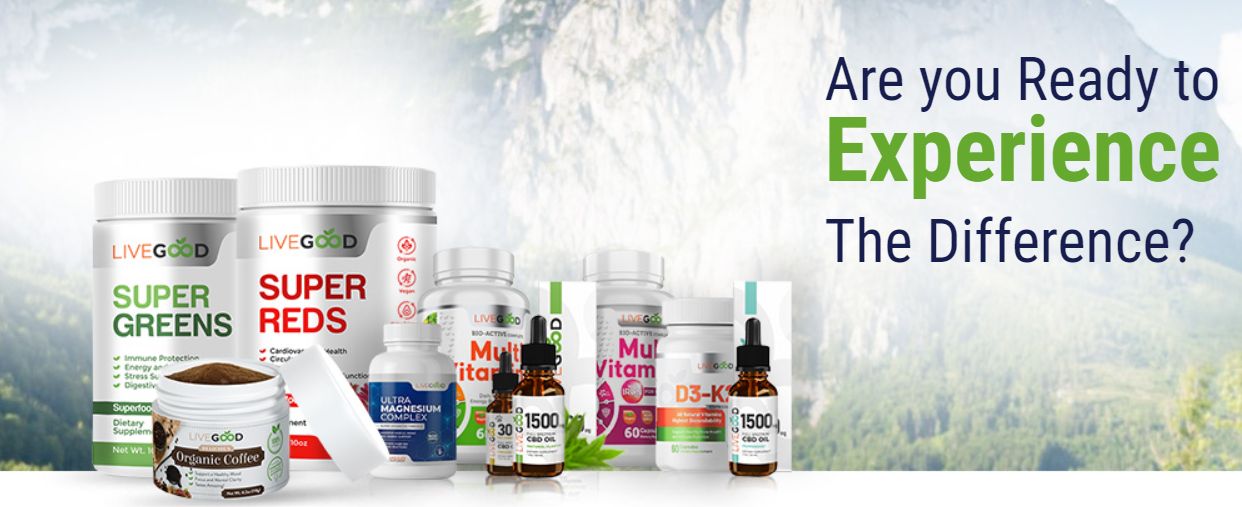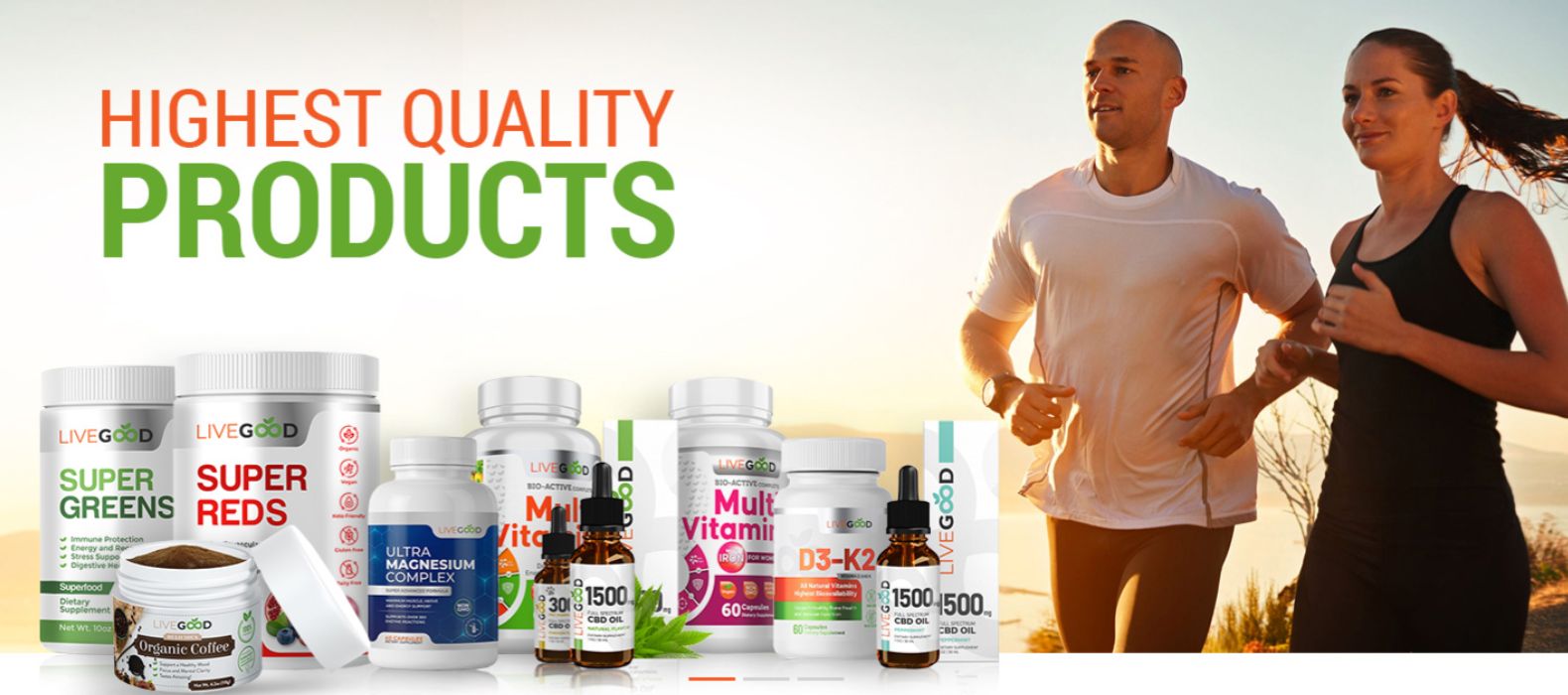Key Takeaways: How Boomers Can Combat Aging with Targeted Supplements
-
Understanding how chronic inflammation contributes to aging is key to selecting the right supplements.
-
Omega-3 fatty acids and Vitamin D are essential for maintaining heart health and bone strength.
-
Probiotics play a crucial role in gut health, which impacts overall well-being and longevity.
-
CoQ10 and curcumin supplements can help boost energy levels and fight inflammation, respectively.
-
It’s important to ensure supplement safety by understanding labels, interactions with medications, and the quality of products.
The Basics of Anti-Aging: What Boomers Need to Know
As we journey through life, our bodies undergo a series of changes. Aging, a natural process, brings about its own set of challenges, and managing them proactively can make all the difference. One of the most effective ways to do this is through the thoughtful use of supplements. They can fill nutritional gaps and support your body’s systems, but the key is knowing which ones are truly beneficial.
Understanding Inflammation and Aging
One of the central pillars of aging is inflammation. It’s like a silent alarm that, over time, can cause wear and tear on your body. Chronic inflammation is linked to a host of age-related diseases, from arthritis to heart disease, and even cognitive decline. That’s why targeting inflammation is a strategic move in the anti-aging battle. Anti-inflammatory supplements can help keep this internal fire under control and potentially slow down the aging process.
The Role of Supplements in Healthy Aging
Supplements aren’t just about filling in the nutritional blanks. They’re about enhancing your body’s resilience. With the right ones, you can support your heart, bones, brain, and more. Think of them as an investment in your future self. However, it’s not about popping pills indiscriminately. It’s about choosing the right ones for your unique health profile and lifestyle needs.
Top Supplements Boomers Can’t Afford to Miss
Omega-3 Fatty Acids: Benefits Beyond Your Heart
Let’s dive into the deep sea of benefits that Omega-3s offer. You’ve probably heard they’re good for your heart, but their benefits ripple far beyond. These fatty acids are also crucial for brain health, keeping your memory sharp and your mood stable. And for those achy joints? Omega-3s to the rescue, as they’re natural anti-inflammatories.
To get your dose, aim for fatty fish like salmon or, if you’re not a fish fan, consider a high-quality fish oil supplement. Just be sure to check for purity and sustainability certifications to ensure you’re getting the best for your body and the environment.
Vitamin D: The Sunshine Vitamin for Stronger Bones
Vitamin D is your skeletal system’s best friend. As we age, our bodies struggle to absorb this vital nutrient, which can lead to brittle bones and a higher risk of fractures. But there’s an easy fix: a daily dose of Vitamin D, which you can get from sunshine, fortified foods, or supplements. This vitamin is also a mood regulator and immune system booster, making it a multitasking marvel.
However, since too much sun exposure comes with its own risks, a Vitamin D supplement can be a safe bet. Just remember to pair it with calcium for the best absorption and bone health benefits.
Probiotics: Balancing Gut Health for Overall Wellness
Your gut is often called your second brain, and for good reason. It’s home to trillions of bacteria that affect everything from digestion to your immune system. Keeping this community happy is crucial, and that’s where probiotics come in. They replenish the good bacteria, keeping your digestive tract running smoothly and your body’s defenses up.
For a probiotic boost, fermented foods like yogurt and sauerkraut are great. But if those aren’t to your taste, a probiotic supplement can be a convenient alternative. Just look for one with a variety of strains and a high CFU count to ensure potency.
-
Choose Omega-3 supplements with certifications for purity and sustainability.
-
Combine Vitamin D supplements with calcium for enhanced bone health.
-
Opt for probiotic supplements with a variety of bacterial strains and a high CFU count.
Supplement Safety 101: What Every Boomer Should Consider
When it comes to supplements, safety is just as important as efficacy. Navigating the sea of options can be overwhelming, but a few simple guidelines can keep you on the right track. It’s crucial to approach your supplement regimen with the same care you would any aspect of your health.
How to Read and Understand Supplement Labels
Labels can be confusing, but they’re your first stop in evaluating a supplement. Here’s what to look for: the Supplement Facts panel will list ingredients, amounts per serving, and the percent Daily Value (%DV). Make sure the dosages align with your needs and that there are no unnecessary fillers or additives. Also, look for quality seals from organizations like the USP (U.S. Pharmacopeia) or NSF International, which indicate that the product has been independently tested for quality.
-
Check the Supplement Facts for ingredient amounts and %DV.
-
Look for quality seals like USP or NSF.
Remember, a higher price doesn’t always mean a better product. And while the word “natural” sounds reassuring, it’s not a guarantee of safety or effectiveness. Stick to what the science says and what your body needs.
Interactions with Medications: A Vital Checklist
Supplements can interact with medications, sometimes with serious consequences. Before starting any new supplement, make a list of all your medications and discuss it with your healthcare provider. They can help you understand potential interactions and adjust your regimen accordingly. For example, blood thinners can be affected by supplements like Vitamin K or fish oil, so it’s crucial to coordinate their use with your doctor.
Navigating the Market: Choosing Quality Over Hype
The supplement market is saturated with products claiming miraculous benefits. To cut through the noise, focus on products backed by solid research and from reputable companies. Check for clinical studies and evidence of efficacy. Word-of-mouth recommendations can be helpful, but always do your own research to ensure the supplement is right for you.
-
Look for evidence-based products from reputable companies.
-
Do your research, even if a product comes highly recommended.
And remember, if something sounds too good to be true, it probably is. Stick to supplements that have a track record of safety and effectiveness.
Customizing Your Anti-Aging Regimen
There’s no one-size-fits-all solution to aging. Your body’s needs are unique, and your supplement regimen should reflect that. Tailoring your approach means considering your lifestyle, diet, and any health conditions you may have. It’s about finding the right balance that works for you.
For instance, if you’re often indoors and don’t get much sunlight, Vitamin D might be a priority. Or, if your diet lacks certain nutrients, supplements can help bridge that gap. It’s about complementing your lifestyle, not compensating for it.
But it’s not just about what you take; it’s also about how you take it. Timing and consistency matter. Some supplements are best taken with food for better absorption, while others might be more effective at different times of the day. Pay attention to these details to get the most out of your supplements.
Personalizing Supplement Choices for Your Health Goals
Start by identifying your health goals. Are you looking to support heart health, bone density, or cognitive function? Once you know your targets, you can select supplements that have a proven track record in those areas. For heart health, you might consider Omega-3s and CoQ10, while calcium and Vitamin D could be your go-to for bone health.
It’s also smart to keep an eye on how you feel as you start taking new supplements. Note any changes in your energy levels, sleep quality, or overall well-being. This feedback can help you fine-tune your regimen over time.
Lifestyle Factors: The Bedrock of Supplement Efficacy
Supplements are most effective when paired with a healthy lifestyle. Regular exercise, a balanced diet, and adequate sleep all contribute to their success. Think of supplements as part of a holistic approach to wellness, not a standalone solution.
Moreover, stress management plays a crucial role in combating the effects of aging. Practices like mindfulness, yoga, or even simple deep-breathing exercises can enhance the benefits of your supplement regimen by reducing stress-induced inflammation and promoting overall health.
When to Consult a Professional: A Guided Approach
If you’re unsure about which supplements are right for you, it’s wise to consult a healthcare professional. They can provide personalized advice based on your health history and current needs. Whether it’s your family doctor, a dietitian, or a naturopathic physician, getting expert input can make all the difference.
And remember, while supplements can play a significant role in healthy aging, they should complement, not replace, medical advice and treatments prescribed by your healthcare provider.
Boosting Longevity: Beyond the Pill Bottle
While supplements are valuable tools in the quest for longevity, they’re just one piece of the puzzle. A holistic approach to aging involves nurturing your body, mind, and spirit. Let’s explore how you can enhance your well-being beyond the supplement shelf. For more insights, consider reading about a Whole Body Approach to Longevity & Healthy Aging.
Exercise: The Natural Anti-Aging Elixir
Exercise is the closest thing we have to a fountain of youth. It strengthens your heart, builds muscle, maintains flexibility, and boosts mental health. Incorporating a mix of cardiovascular, strength, and flexibility exercises into your routine can help you age gracefully and maintain independence.
Even simple activities like walking, gardening, or dancing can have a profound impact on your health. The key is consistency and finding an activity you enjoy. This way, you’ll be more likely to stick with it and reap the long-term benefits.
As we wrap up this part of the article, remember that supplements are a powerful ally in healthy aging, but they work best when combined with a healthy lifestyle. Stay tuned for the final part of our guide, where we’ll delve into nutrition, stress reduction, and answer some frequently asked questions about anti-aging supplements.
Nutrition: Eating Your Way to a Youthful Tomorrow
Eating right isn’t just about keeping your weight in check. It’s about fueling your body with the nutrients it needs to fight the signs of aging. A diet rich in fruits, vegetables, whole grains, lean proteins, and healthy fats provides a treasure trove of antioxidants, vitamins, and minerals that support skin elasticity, cognitive function, and cellular health.
Take berries, for example. They’re loaded with antioxidants that help combat free radical damage, a key factor in aging. Leafy greens, on the other hand, are high in vitamins and minerals that support eye health and help maintain your energy levels. And let’s not forget about nuts and seeds—packed with Omega-3 fatty acids, they’re great for your brain and heart.
Most importantly, hydration plays a pivotal role. Water is essential for every cell in your body, and staying well-hydrated can help keep your skin supple and your mind sharp. So, make sure you’re drinking plenty of fluids throughout the day—not just when you’re thirsty.
Mindfulness and Stress Reduction: Keeping the Mind Young
Stress is like rust for the body; it can slowly deteriorate your health without you even noticing. Mindfulness and stress reduction techniques are the oil that keeps your gears running smoothly. By practicing mindfulness, you’re not just calming your mind, you’re enhancing your body’s ability to handle stress, which in turn can slow down the aging process.
Simple practices such as deep breathing, meditation, or yoga can be incredibly effective. These activities not only reduce stress but also improve sleep quality and enhance overall well-being. Incorporating just a few minutes of mindfulness into your daily routine can lead to significant benefits over time.
Moreover, engaging in activities that bring you joy—like spending time with loved ones, enjoying hobbies, or connecting with nature—can also have a profound impact on reducing stress and promoting a youthful state of mind. Find what centers you and make it a part of your life.
Frequently Asked Questions
Let’s address some common questions about anti-aging supplements, ensuring you’re equipped with the knowledge to make informed decisions for your health.
What Makes a Supplement ‘Anti-Aging’?
An anti-aging supplement is one that supports the body’s ability to maintain optimal function as it ages. This can include a range of benefits, such as reducing inflammation, protecting against oxidative stress, improving skin health, and enhancing cognitive function. The key is to look for supplements with ingredients that have been scientifically shown to offer these benefits.
How Can I Tell If a Supplement Is Working?
Noticing the effects of a supplement can be subtle and take time. Pay attention to changes in how you feel—improvements in energy levels, sleep quality, skin appearance, and cognitive function can all be indicators. However, remember that supplements work best as part of a holistic approach to health, so improvements may also come from other lifestyle changes.
Are There Any Side Effects of Anti-Aging Supplements?
Like any substance you introduce to your body, supplements can have side effects. These can range from mild digestive discomfort to more serious interactions with medications. It’s essential to consult with a healthcare provider before starting any new supplement, especially if you have underlying health conditions or are taking other medications.
Be vigilant about any changes you notice after starting a supplement and discuss them with your healthcare provider. They can help determine whether the supplement is the cause and whether you should continue taking it. For more information on supplements and healthy aging, consider reading about the best supplements for healthy aging recommended by a longevity expert.
Can Supplements Replace a Healthy Diet?
While supplements can be beneficial, they should never replace a healthy diet. Whole foods provide a complex array of nutrients, fiber, and other beneficial compounds that supplements can’t fully replicate. Therefore, supplements should be used to complement a diet that may be lacking in certain nutrients, not as a substitute for good nutrition.
How Long Should I Take a Specific Supplement?
The duration for taking a particular supplement can vary based on individual health needs and goals. Some supplements may be intended for short-term use, while others might be beneficial as a long-term addition to your routine. Always follow the guidance of a healthcare provider and the recommended dosage on the product label.
-
Consult a healthcare provider for personalized advice on supplement duration.
-
Adhere to the recommended dosages provided on supplement labels.
-
Monitor your body’s response to a supplement and adjust as needed.
In conclusion, aging is an inevitable process, but how you age is within your control. By making smart choices about supplements, nutrition, exercise, and stress management, you can support your body’s natural aging process and maintain vitality for years to come. Remember to consult with healthcare professionals, listen to your body, and approach aging with a proactive and positive mindset.



